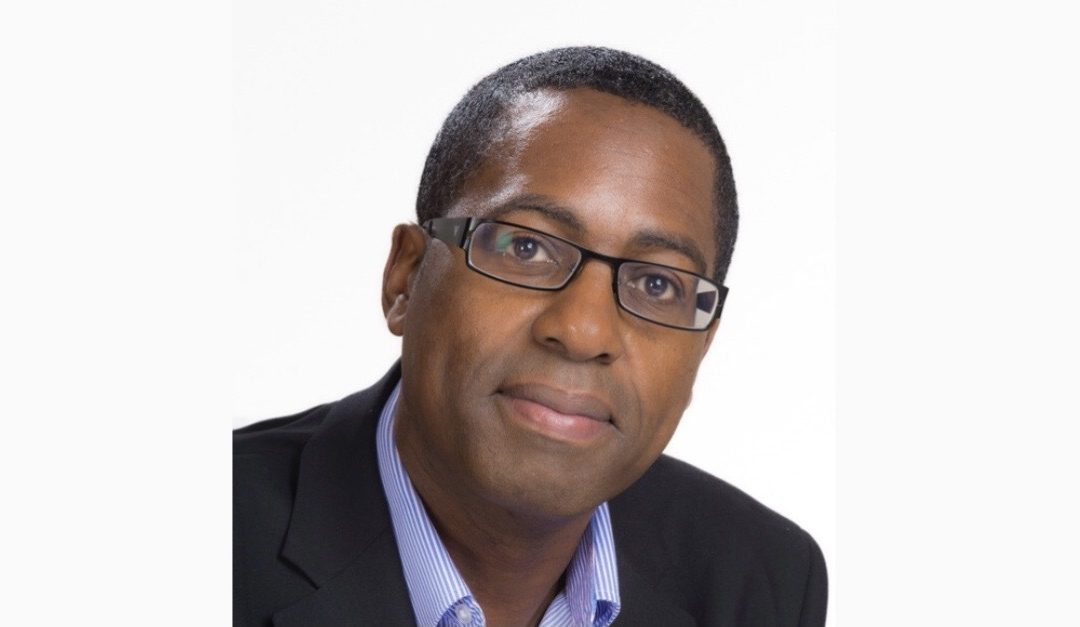On 20th April, Patrick Johnson, Director of Equality, Diversity and Inclusion at the University of Law, spoke to our members about equality, diversity and inclusion in higher education.
In response to the outpouring of grief and indignation at the George Floyd murder in the UK, Boris Johnson responded in some way by launching the Race and Ethnic Disparity Report released in March this year. Patrick highlighted the negativity surrounding the release of this report.
In his first role says that there was a lack of engagement in EDI, the agenda revolved around institutions wanting to comply and meet their legislative duties. Patrick spent a lot of time trying to convince colleagues about the importance of EDI.
In the years 2006-2008, the rules surrounding equality were strengthened. There was therefore more room for discussions. At this time, we saw the first examples of staff network groups (such as those representing the disabled, ethnic minorities) However, during that period, there was still a lack of engagement by senior management in this space. Commitment from institutions in terms of driving this forward was still lacking.
HE institutions truly believe in treating people fairly and find it hard to believe that they are doing something that impacts on a particular group. In 2011, people started to look at actions and in 2021, a lot of institutions are looking around and asking what is going on here. When Patrick found out about the attainment gap, the HE sector barely discussed it.
OfS regulatory requirements mean that institutions are doing more in this space. However, among more senior staff, there are very few BAME individuals. As you increase in terms of seniority in staff, the percentage of BAME staff decreases.
Institutions must look introspectively and examine if there are barriers to progressions – structural, cultural and wider academic environment that give rise to practice and expectations that reinforce inequalities. Giving everyone the same test doesn’t necessarily mean that you are treating them fairly.
The Race Equality Charter Mark improved the representation, progression and success of minority ethnic staff and students within higher education. This has engaged a whole range of different people. The Charter Mark is helpful for moving the agenda forward within HE.
Patrick argues that we shouldn’t view ethnic minorities as a homogenous group. In response to the 2019 report of the EHRC entitled ‘Tackling racial harassment: Universities challenged’, people were shocked to hear about the lived experiences of staff and students from within their institutions. The enquiry looked into racial harassment experienced by staff and students and recommended improvements to better enable staff and students to obtain redress. ¼ of BAME students say that they have experienced racial harassment since the start of their course and various other experiences include microaggressions and being ignored and excluded.
REF 2021
Patrick spoke about the REF 2021. Funding bodies have committed to EDI being firmly embedded- encouraging institutions to submit and fairly represent work of their best research irrespective of equality-related circumstances. Patrick argues that it’s important for REF to act as a driver to bring about broader cultural change across the sector and it could be a key lever for future progress.
The panels (of REF) are being selected to be more representative with a diversity within these panels. Unconscious bias is mandatory for the chairs of the REF. Any institution taking part in the REF has to produce a code of practice- how you will fairly and transparently select researchers and what research is used.
Patrick argues that in 15 years, we’ve not come far enough in the EDI space in higher education. However, there is now a lot more engagement on the topic of race.
Key takeaways in terms of how we move forward
- Create an inclusive environment- do not underestimate the importance of belonging and having a safe space
- Consider using independent investigators for complaints in relation to racism or any form of hate crime or incident
- Make all managers accountable for EDI. They should all have an objective in their development reviews.
- Managers should identify BAME staff with the ability to move into leadership positions and target them for encouragement, support and potential development. This could include moving beyond mentoring to sponsorship
- Utilise frameworks and processes such as the Race Equality Charter Mark to try and achieve systemic change.
Q & A
Patrick stressed the importance of not grouping all ethnic minorities into one group. We know that Indian and Chinese students do better than their white peers throughout the education system. If these students are doing better, it doesn’t necessarily translate into better outcomes in terms of employment.
One of the key jobs when looking at inequality is looking at where the disparities lie and how to address them.
Patrick spoke about unconscious bias training. The recent government report said that it was nonsense and didn’t change anything. Patrick disagrees with this assessment and is in favour of the right type of good quality unconscious training being mandatory.
In terms of recruitment of diverse boards, there will inevitably be a lack of experience due to the lack of diversity, actions such as partnering with organisations for people to shadow on boards has been useful.

